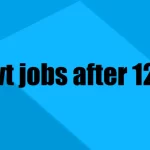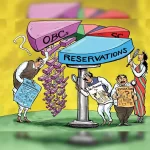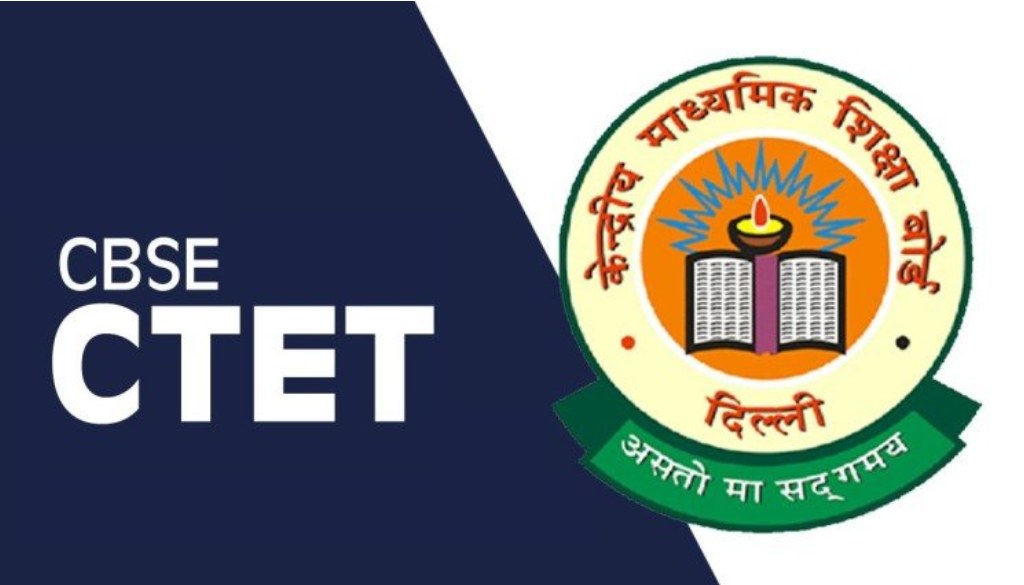Interviews are a crucial part of the job-seeking process. They are the bridge that connects your qualifications and skills with a potential employer’s needs. To help you prepare, we’ve compiled a comprehensive guide on 20 common interview questions, along with tips and answers that will increase your chances of success. Through comprehending these inquiries and honing your ability to respond adeptly, you’ll become excellently equipped to traverse the intricate terrain of job interviews.
Interview Questions, Tips and Answers
Share a glimpse of your story
The question Tell me about yourself’ often serves as an inviting opening note.
It’s your chance to provide a brief overview of your professional journey and personal attributes. Start with a concise summary of your background, focusing on relevant experiences and skills.
Tip: Keep your response professional and work-related. Highlight experiences that align with the job you’re interviewing for.
Why do you want to work here?
is a question employers use to gauge your genuine interest in their organization.
Conduct research on the organization and mention what specific aspects attract you, such as their mission, culture, or industry reputation.
Tip: Tailor your response to demonstrate how your skills and values align with the company’s culture and goals.

What is your greatest strength?
Exceptional problem-solving skills, honed through years of experience, are the cornerstone of my ability to excel in this role
Support your answer with an example that demonstrates how this strength has positively impacted your work.
Tip: Choose a strength that is highly valuable in the context of the position.
What is your greatest weakness?
Discuss a weakness you’ve identified and have been working on improving. Show your commitment to personal and professional growth. Avoid clichés like I’m a perfectionist.
Tip: Mention how you’re actively addressing this weakness, like through training or seeking feedback.
Why did you leave your previous job?
Be honest but diplomatic. If you left voluntarily, explain your reasons without criticizing your previous employer. If you were laid off, express your desire for new opportunities and growth.
Tip: Focus on your career goals and what you hope to achieve in the next role.

What are your short-term and long-term goals?
Discuss your career aspirations. For short-term goals, mention your immediate plans in the role you’re applying for. For long-term goals, express your desire to grow within the company.
Tip: Align your goals with the company’s objectives to show commitment.
How do you handle stress and pressure?
Showcase your ability to stay calm and productive under pressure. Use examples from previous experiences to illustrate your effective stress management techniques.
Tip: Describe methods like time management, prioritization, or seeking support.
Can you describe a challenging situation at work and how you handled it?
Share a specific workplace challenge, your role in resolving it, and the results. Focus on your problem-solving skills, teamwork, and the positive outcomes.
Tip: Emphasize the lessons learned and how you’ve applied them since.
What are your salary expectations?
Do research to determine the industry standard for the position. Express your flexibility and willingness to negotiate, but provide a salary range based on your findings.
Tip: Avoid giving a specific number right away; wait for the employer to reveal their budget if possible.
Why should we hire you?
My unique blend of creativity, adaptability, and a passion for continuous learning, along with my track record of successfully implementing innovative solutions in previous roles, positions me to bring fresh perspectives and drive innovation, which I believe will play a pivotal role in elevating the company’s success to new heights.
Tip: Relate your strengths to the specific needs of the company.
How do you work in a team?
My aptitude for productive collaboration is marked by my capacity to actively engage with team members, attentively listen to their perspectives, and wholeheartedly commit to achieving our collective objectives.
Tip: Emphasize your adaptability and conflict resolution skills.

What is your preferred work style?
This question aims to assess how well you’d fit into the company culture. Describe your work style, focusing on qualities that align with the organization’s values.
Tip: Use adjectives that align with the company’s culture, such as “collaborative,” “innovative,” or “customer-oriented.
Tell me about a time when you had to learn a new skill or technology quickly.
Demonstrate your ability to adapt and learn on the job. Share a relevant example of how you successfully acquired a new skill.
Tip: Highlight your willingness to embrace change and your capacity for quick learning.
How do you stay updated in your field?
Explain your commitment to professional development. Mention industry-related activities like seminars, workshops, certifications, and relevant reading materials.
Tip: Showcase your genuine interest in staying at the forefront of industry trends.
What do you like to do outside of work?
Share your hobbies and interests, but keep it professional and relevant. This can provide insight into your personality and potential cultural fit.
Tip: Focus on activities that demonstrate qualities like teamwork, leadership, or problem-solving.
Tell me about a project you’re proud of
Discuss a specific project or accomplishment that highlights your skills and contributions. Use the STAR method Situation, Task, Action, Result) to structure your response.
Tip: Quantify your achievements with specific numbers or percentages.
How do you handle constructive criticism?
Show that you value feedback and are open to improvement. Describe a situation where you received constructive criticism and how you used it to grow.
Tip: Emphasize your ability to adapt and continuously improve.
Why is there a gap in your employment history?
Be honest about any employment gaps. Explain the reason and what you did during that time to maintain or enhance your skills.
Tip: Frame the gap positively, emphasizing personal growth or skill development.
Where do you see yourself in five years?
Discuss your career aspirations and how they align with the company’s growth. Emphasize your commitment to contributing to the organization’s success.
Tip: Show that you’re ambitious but not to the detriment of the current role.
Do you have any questions for us?
Prepare thoughtful questions to ask the interviewer. This demonstrates your genuine interest in the company and the position.Unlocking the secrets to success often begins with asking the right questions, like delving into the company’s future plans, understanding the dynamics of your future team, and tackling head-on the biggest challenges they currently confront.
Conclusion
Interviews present a chance to demonstrate your abilities, background, and character. Through getting acquainted with frequently asked interview inquiries and formulating carefully considered answers, you can enhance the likelihood of making a favorable impact on prospective employers. It’s important to remember that effective interviews encompass more than just memorized responses; they also involve expressing your passion, flexibility, and harmony with the organization’s objectives. Diligent preparation, research, and introspection are key to excelling in any interview and securing the job you aspire to attain.
Read More:- Unveiling the Ultimate Guide: The Best Books for Preparing for the KVPY Exam
Read More:- UNVEILING THE ULTIMATE MEMORIZATION TECHNIQUES FOR VERBAL AND











